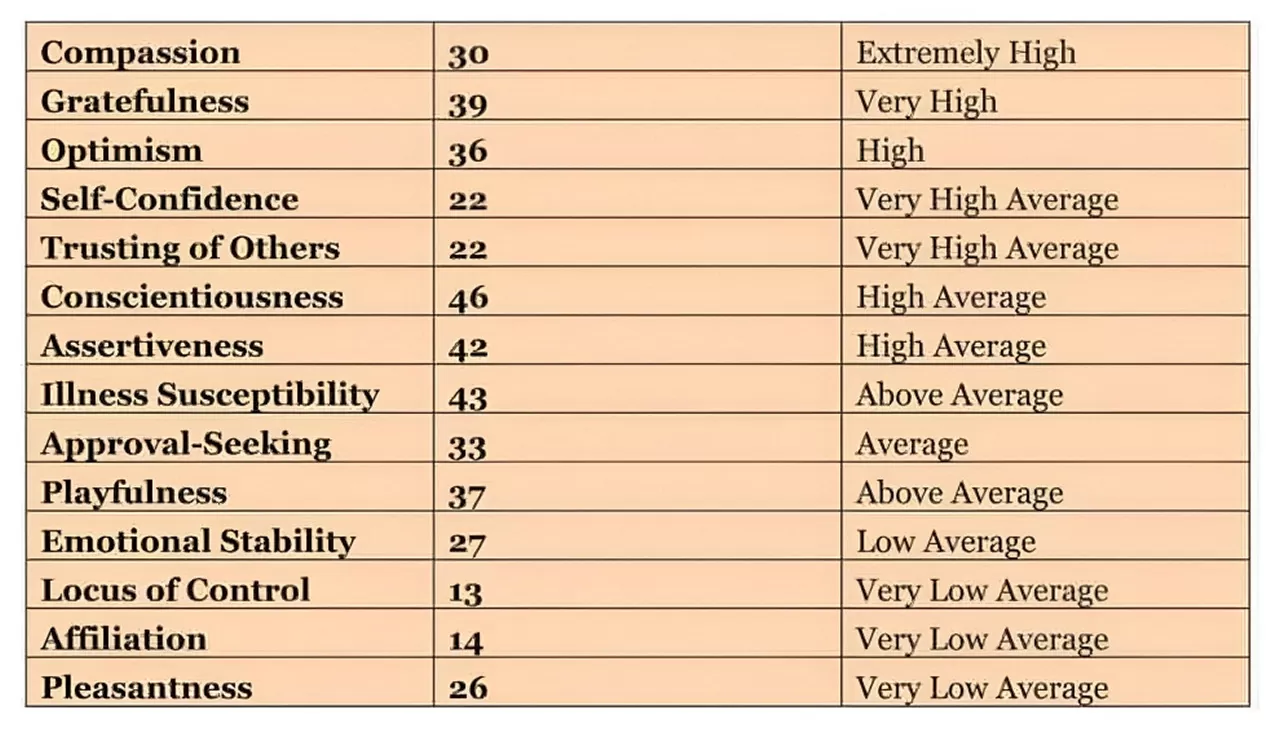Today's Friday • 8 mins read
— By Dr. Sandip Roy.
If you had to find out what happiness means for you and how happy you are, then what do you do? You learn how to measure happiness. Do you want to find out how happy you are?
Measuring happiness on an impartial scale may seem impossible, since we all feel happiness differently. But psychologists have figured out a way.
Find out how happy you are.
The Well-being Assessment
Welcome to the Well-being Assessment! There are no right or wrong answers, just an opportunity for self-reflection.
Please answer each question honestly based on how you generally feel or act. Your responses are completely anonymous and will only be used to provide you with a personalized interpretation of your well-being.
Adapted from various well-being and mindfulness scales.
For each statement, please select the option that best describes your experience:
- Agree: The statement largely applies to me.
- Disagree: The statement largely does not apply to me.
Your Well-being Score
Based on your responses, here’s a summary of your well-being:
Statements you Agree with (Questions 1-9 indicating positive well-being): 0
Statements you Disagree with (Questions 10-25 indicating positive well-being): 0
Your Total Well-being Score: 0 out of 25
Interpretation:
Scoring:

Download and print the quiz here.
Disclaimer: This is just a general scale to find out where you are in terms of happiness, so you can make necessary changes and improvements.
A Sample Happiness Score
How I score on the above happiness parameters (without the boring descriptions):


8 Ways To Boost Your Happiness
- One great way to be happier in your daily life is to practice self-compassion, which means caring about yourself as much as you’d care for your best friend. Forgive some of your mistakes, give yourself a warm hug, and say a few kind words to yourself, especially when going through a tough time.
- Another way is to express gratitude. It’s feeling blessed for the good things and showing appreciation for good people in your life. You could end your day by writing down what you’re thankful for, a practice called the Three Good Things (TGT).
- Happiness has close ties with optimism. When you believe tomorrow will be better, it’s easier to hold the fort and get through a hard day. So, think hopeful thoughts, set achievable goals, and spend time with positive people to increase the chances of good things happening.
- Similarly, building self-confidence—trusting your abilities—can make a big difference. Challenge negative thoughts, step out of your comfort zone, and focus on your strengths.
- Positive psychology says, friends form the biggest source of our happiness. And what drives friendships is mutual trust. So, do your part: be honest, stay open to divergent opinions, and don’t judge a person for their social status.
- Good habits like conscientiousness and self-discipline help with long-term happiness. Be responsible, stay organized, and build a routine. Routines work when motivation fades. Practice mindfulness to avoid distractions. Celebrate small wins to keep your goal-directed motivation alive.
- Life also gets better when you’re assertive. So, learn to express yourself confidently. Never shirk away from setting boundaries in relationships, and saying “no” when needed.
- Take care of your physical health and emotional well-being. Eat well, exercise, and get enough sleep. Cultivate a playful mindset to find joy in everyday life. Learn to take on less stress as you age. Find the meaning of your life.
Final Words
Happiness is a journey, not a destination. You never reach a point of happiness where it’s guaranteed that you’ll never be unhappy again.
And, happiness depends more on your actions and less on your life circumstances, despite what people think. If you’re not convinced on this, take a look at the scientific “happiness formula.”
√ Also Read: 10 Psychology Fun Facts On Happiness!
√ Please spread the word if you found this helpful.
» You deserve happiness! Choosing therapy could be your best decision.
...
• Disclosure: Buying via our links earns us a small commission.
